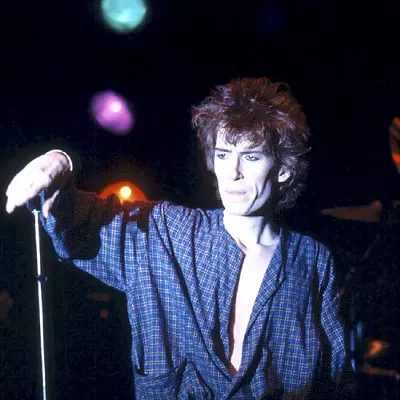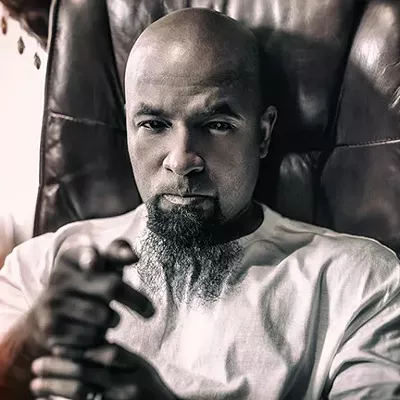Steely Dan
AVA at Casino Del Sol, Tuesday, July 22Steely Dan--singer/keyboardist Donald Fagen and guitarist Walter Becker--have always been contrarians. For 35 years, they've played smooth (one of the only instances where I'd use that word flatteringly) jazz-fusion tunes, paired them with lyrics cryptic, caustic, clever and funny, and somehow managed to subversively twist them into impossible pop songs.
That they've scored so many hits over the years is either utterly confounding or not surprising in the least: You don't hear too much jazz-fusion on rock stations, but a great pop hook is a great pop hook.
Those familiar with only those songs that have gotten radio airplay may have been a bit disappointed with Steely Dan's two-hour-plus performance last week. While they turned in faithful renditions of FM staples "Peg," "Josie," "Hey Nineteen" and, um, "FM," they also skipped some of their biggest: There was no "Reelin' in the Years," no "Do It Again" and no "Rikki Don't Lose That Number." Instead, the band stuck mostly to deeper album cuts, including no less than four tracks from 1976's hitless The Royal Scam.
Playing in front of a minimalist but effective Tetris-like LED screen whose images morphed from song to song, this 11-piece version of Steely Dan was as tight as a fat kid's grip on a doughnut. While many songs closely mirrored the album renditions, a good number were reworked and loosened up. "Show Biz Kids" was rendered in a soulful, funked-up version; "I Got the News" gave pianist Jeff Young the chance to not only show off his chops, but, like a great jazz player, inject his own personality while maintaining the song's integrity; "New Frontier," from Fagen's 1982 solo album The Nightfly, was transformed from a sardonic Cold War cautionary tale into a 21st-century one, by virtue of both the times in which we're living and the thousands of marching drones on the video screen.
Fagen's voice, abetted by two lovely backup singers, sounded almost as great as it did 30 years ago, and though he didn't do a whole lot of talking, when he did, he couldn't resist maintaining that contrarian nature. Following "Home at Last," he called for the band to tune up. After a couple of minutes, the jazz-fusion perfectionist was satisfied, calling for things to proceed by declaring, "It's good enough for rock 'n' roll."













